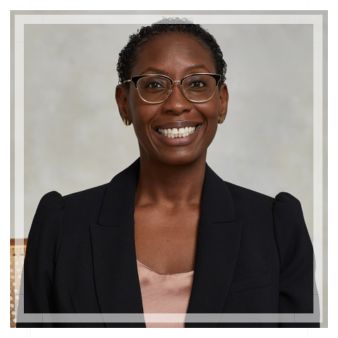
Addiction Counselor
Jessica Parlor, PhD
Licensed Psychologist
6 East 39th Street Suite 600 , New York, New York 10016 | 877-292-6020
ERP (Exposure and Response Prevention) can be adapted for addiction treatment by exposing individuals to triggers associated with substance use while preventing the typical compulsive response. Through repeated exposure to these cues, clients learn to tolerate cravings and resist the urge to use substances. ERP for addiction targets maladaptive patterns of behavior and helps individuals develop healthier coping mechanisms. By breaking the cycle of avoidance and compulsive substance use, ERP promotes long-term recovery and enhances overall well-being.

Addiction Counselor
Walter Matweychuk, Ph.D.
Licensed Psychologist
71 Park Avenue, Suite 1C, New York, New York 10016 | 212-750-2826
I show people who are misusing substances that overcoming an addiction is quite possible. I emphasize work and practice at coping skills. I first help the individual to judge only their self-defeating behavior but never to put themselves down as a person for being addicted. This helps reduce guilt, shame, anxiety and denial. We focus on developing coping skills to handle problems and change behavior. I show the individual how to develop emotional and behavioral control even when life is difficult and stressful. I teach how to increase frustration tolerance. I lay out a specific plan for coping with temptation. I build and maintain motivation for staying with the recovery process.
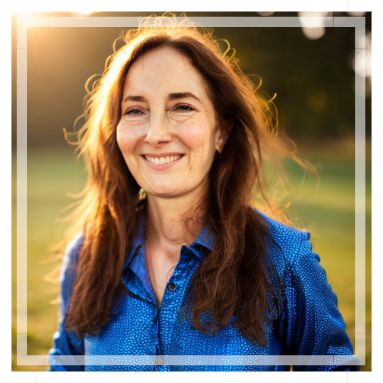
Addiction Counselor
Carolyn AlRoy, Psy.D.
Licensed Psychologist
60 West 13th St., Suite A, New York, New York 10011 | 3473063454
Overall, I treat addiction much like I would treat any other crisis. I would do addiction assessment to make sure I'm the right person to treat you. I'd identify triggers, what makes you more likely to repeat the addictive behavior. I can work with substance use and sex addiction. My general belief is that addiction is a way that people avoid dealing with other people and their problems. It can be a learned behavior. In order to stop doing the offensive behavior, it is important to focus on what you do want to do. This is the process of recovery, and I will do my best to facilitate this.
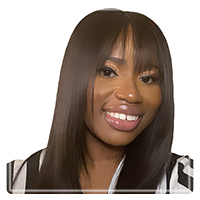
Addiction Counselor
Minimah Rush, LSW
Clinical Social Work/Therapist, LSW
256 Broad Street , Suite 2E, Bloomfield, New Jersey 07003 | 201-632-5554
I can help clients who want to change their relationship with alcohol. I am not a specialist in medical detox or advanced addiction and recovery--those concerns should be handled by a specialist. But I can work with clients who want to set goals to drink differently and pursue healthier approaches to reducing stress, connecting with others, or healing from grief and trauma. We'll take the approach of "what are you drinking about?" and go from there. I'm here to help you every step of the way.

Addiction Counselor
Heidi Seifert, LCSW-R, MA
Licensed Clinical Social Worker
85 Fifth Avenue, New York, New York 10003 | 917-456-4127
You went after work to hang out with friends. You had some drinks or you got high. Everything was fine in the beginning until you noticed that just stopping was no longer easy. I believe that people can reduce or completely stop. The choice is yours to make. There are consequences to working me; you may decide you don't need to be high or drunk to enjoy yourself.

Addiction Counselor
Rebecca Mitchell, LCSW, MSEd, SIFI
Psychotherapist
653 East 14th Street, New York, New York 10009 | 646-245-5278
Drugs, alcohol, sex, gambling, love, food, netflix etc. WORK! You would not use them to survive feelings that are otherwise unbearable, if they didn't. Unfortunately, there is simply never enough, or the consequences become dangerous and/or intolerable. Eventually the feelings of neglect, isolation, alienation, paranoia and loneliness return. Treatment for addiction will allow you to accept your feelings and your past so that you can regain control over your life and choices, heal relationships, and restore your sense of esteem, dignity and agency.

Addiction Counselor
Gerald Schoenewolf, Ph.D.
Licensed Psychoanalyst
99 E 7th Street, New York, New York 10009 | 347-712-1752
There are all kinds of addictions, from substance abuse to internet pornography. In each case, the bottom line is that a person is dealing with feelings of depression, anger or anxiety in a destructive way. They drink, gamble or look at pornography whenever they feel stress, but do not face the feelings that are causing the stress and work through them. I encourage addicts to make use of 12-step programs in combination with psychotherapy. When they stop denying and commit themselves to both, they quickly make progress.
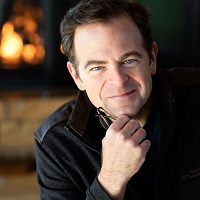
Addiction Counselor
Kevin Fleming, Ph.D.
Coach/Change Agent/Consultant
Lower Manhattan, New York 10012 | 1-877-606-6161
While most treatment approaches to addiction include 12 step progams, rehabs, and now sober living houses, Grey Matters International, Inc. provides a wildly successful alternative to traditional models of addiction treatment----that keeps the brian in mind. That is, talking to the conscious brain while the primal brain is deciding things even before you are consciously aware? well, that is the problem to solve in addiction. We have the solution utilizing a new cutting edge neuroscience-centered brain rebalancing system. Contact kevin@kevinflemingphd.com or call 877-606-6161

Addiction Counselor
Lewis Pagano, LPC
Licensed Professioal Counselor
5 Roosevelt Pl Suite B-1, Montclair, New Jersey 07042 | 973-780-6186
I have 20 years working with adolescents and adults in substance abuse. I also work with people with opiate addiction and buprenorphine treatment. I do substance abuse evaluations with recommendations if requested.I can also manage outpatient and inpatient treatment if needed. I have an extensive background in substance abuse treatment, family therapy, and working with adult children of alcoholics and substance abusers.
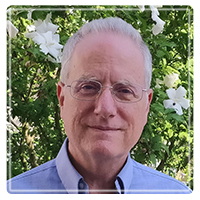
Addiction Counselor
David B. Alexander, Psychotherapist
Licensed Psychoanalyst
Bayside, New York 11361 |
You or a family member or loved one are suffering with addiction. When one person suffers, those who care about that person also suffer. It is rare to find treatment that is caring but also sets limits, and that does not assume an individual needs to "hit bottom", which can be dangerous. Instead, the individual needs to be challenged while being loved. This takes many forms, depending on the individual and the situation. With a lifetime of meditation and training in Eastern awareness, as well as years as a psychotherapist, I have helped bring individuals back from the brink of self-destruction. With connection, the dangers of addiction recede. Find connection and come back to a true life.
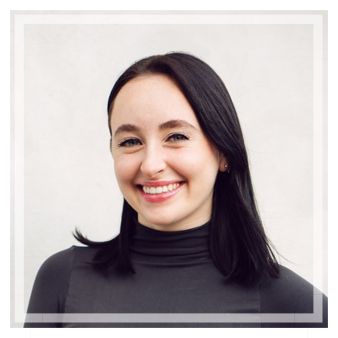
Addiction Counselor
Allison Gaydos, LMSW, LSW
Psychotherapist
26 Journal Square, Jersey City, New Jersey 07306 | 201-243-4435
Individuals in the process of recovering from substance use can learn how to prevent relapse, identify and process triggers associated with substance use, learn interpersonal and emotion regulation skills to navigate life in recovery from using substances and assist in developing a positive support system. Individuals can learn about treatment and recovery from substances.

Addiction Counselor
Audrey Augustave, LMHC, LPC, LCADC
Licensed Professional Counselor/ Licensed Clinical Alcohol & Drug Counselor
26 Journal Square #505, Jersey City, New Jersey 07306 | 201-975-3104
Audrey will help you work through addiction as a symptom to a bigger problem instead of the core problem in your life. She will help you identify behavioral patterns and negative core beliefs about yourself and the world around you. Through this you will work through develop healthy coping skills outside of substance use and develop a fully developed esteemable life you can be proud of.
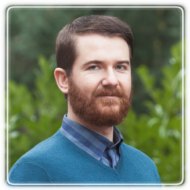
Addiction Counselor
Philip Kolba, MA LCPC NCC
Psychotherapist
New York, New York 10013 | 503-606-6412
Addiction is a mental health condition and I treat addiction by a multi-pronged process predominately from a Dialectical Behaviour Therapy (DBT) model. I help my clients understand the reasons they use a substance or engage in an addictive behavior, teach them skills regulate their emotions and tolerance distress that might otherwise lead them to engage in their addiction, and address any underlying issues that contribute to their addiction. I also help clients with with concerns about their substance use or compulsive behavior to avoid developing addictions.
